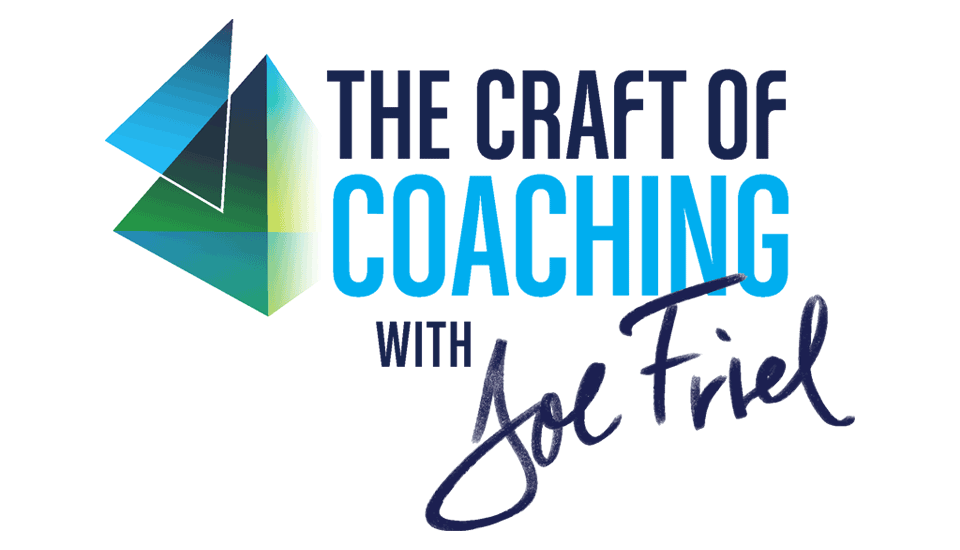What Gets in the Way for Women
Body image, underfueling, negative self-talk, comparison—these are just some of the things that commonly prevent female athletes achieving their best, yet they don’t have to. One coach shares her way of turning this around.
Body image, underfueling, negative self-talk, comparison—these are just some of the things that commonly prevent female athletes achieving their best, yet they don’t have to. One coach shares her way of turning this around.
Video Transcript
Lauren Vallee 0:02
It’s so interesting in the years that I’ve coached, there is this theme of things that get in the way for athletes in the women’s field. And one of those things that is pretty common is underfueling, and this relationship with body image, and “I need to look a certain way to perform a certain way.” And I think Stacy Sims and a lot of other coaches, nutritionists have really done a great job kind of debunking this myth that we have to look a certain way to compete a certain way. I mean, if you look at the women who lined up at the world championships last year, their body shapes are all different. And so as a coach, being able to really hear an athlete if they’re having body image issues, but also being able to educate and help them understand that we need fuel to produce power to get faster and stronger.
0:58
A lot of negative self-talk can happen for athletes in the women’s field. It has to do with culture. But I think it boils down to this idea that we compare ourselves to other women. And, you know, growing up I—not that I was explicitly taught this—but I feel like I learned very young that I had to kind of look at other women as competition, and that if they succeeded, they were taking something away from me.
1:29
And so what happens if you can have that, like, shift of perspective, like, “Oh, yeah, I want my competition, to have a great day. I don’t want them to get flat tires, I don’t want them to have technicals. I don’t want them to cramp. I want them to show up ready to throw it down.” There is a different type of energy that is empowering. And it, like, I don’t know, it just feels like there’s more agency in the experience of racing. And that can get something different out of you that, you know, you know you crossed the finish line, you gave it everything you had. And how can you be disappointed if you cross that finish line, and you fought for every single inch of that race course?
2:10
And so I think whether you are fighting for first place, or fighting the cutoff for an Ironman finish … you know, competition is not inherently bad. It’s our relationship to it that I think can be really damaging or really empowering. And so for those athletes that really struggle with kind of the fear of another competitor or feeling jealous or any of that, it’s more about being like, “Oh, wow, that is a really impressive result that person just had. I want that. I want to push myself, make sure I’m getting the best out of myself.” I mean, that is why—that’s why I’m an athlete. What’s the limit? Like, how far can I push myself? And that’s different for everyone. And that is totally okay that it’s different for everyone.
